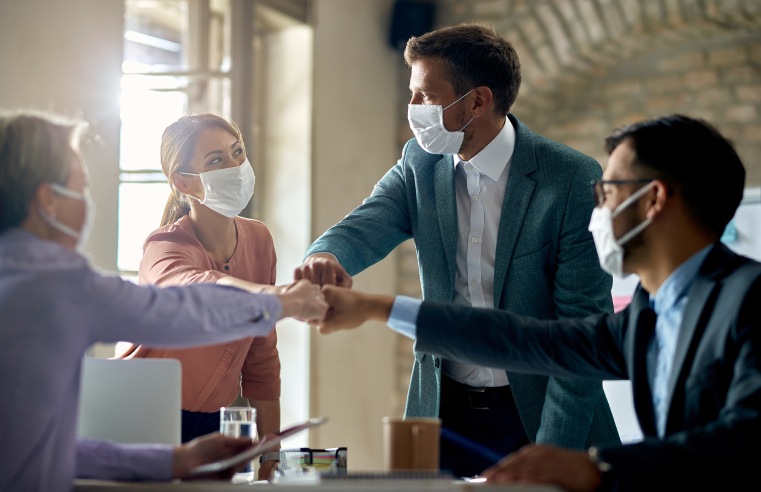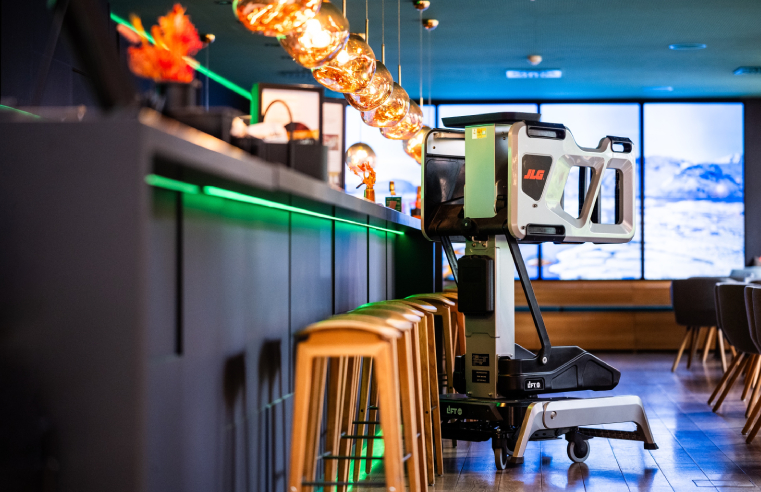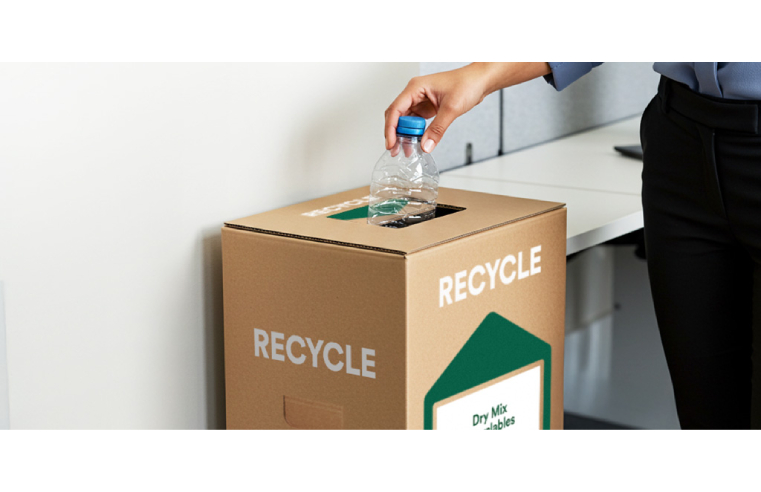Now that there is a roadmap for coming out of lockdown, FMs need to ensure that premises are not only clean and safe, but also restore confidence for returning office workers, contractors and visitors.
First impressions count, and can begin before people even see if an office is clean. The sense of smell is the strongest of the five senses and one of the body’s front-line defence mechanisms, designed to set off alarm bells if a foul smell is detected. According to research, 75% of all emotions generated each day are due to smell, and we are therefore 100 times more likely to remember something we smell over anything we hear, see, or touch. A bad smell is a warning of a bad experience to come.
Mark Wintle, Sales and Marketing Manager at P-Wave, said: “Many premises have been closed for months, and while they might have been cleaned, air quality will be poor, and with a reduced frequency of cleaning routines, they will not smell as fresh as they should. People’s trust in the cleanliness and safety of a building can be negatively impacted if it smells bad, as they will wonder why, and suspect that it is not hygienic.”
Foul smells in any building are typically caused by the presence of bacteria which has been left to grow through either inadequate or infrequent or cleaning procedures. While the washroom may be the cause of the worst odours in a building, improving the air quality and freshness throughout premises brings many benefits.
“Facilities managers should not overlook the power of scent in the workplace. Choosing the most appropriate fragrance to apply throughout a building can help create a happier and more relaxed experience for staff and visitors,” said Wintle. “After all, shopping centres and high-end retailers have been using ambient scents to positively influence customer perceptions for years.
He continued: "As innovators in the air freshening industry, P-Wave understands that cleanliness and hygiene are the most important aspects of managing premises, but with the heightened awareness created by COVID-19, FMs need to action every option available to ensure safety and reassure employees and visitors.”
Washroom focus
Even if a washroom is immaculately clean, poor plumbing, or an inadequate maintenance regime can lead to unfortunate odours which are unlikely to receive five-star reviews. However, in urinals it is the actual minute-by-minute usage that can cause the biggest problem.
“We’ve been solving the most common hygiene issue in urinals for years, as randomly splashed urine causes a headache for cleaners, plus a bad smell and a reduction in hygiene standards.
“But there’s something even more important at this unprecedented time. According to The World Health Organisation (WHO), Coronavirus can spread in an infected person's urine. This is called ‘viral shedding’, which means that if traces of contaminated urine become aerosolised and inhaled while using a urinal, the disease can infect others in the washroom. That's why P-Wave recently delivered a new angle on splash prevention, coupled with a major step forward in urinal deodorising technology with the launch of a new highly fragranced urinal screen.
“As offices reopen, there’s no doubt that first impressions are hugely important and restore confidence. Facilities managers need to do all they can to ensure that workers and visitors trust that premises are hygienic, safe and clean. Now is the time to address cleaning and maintenance issues, but also to ensure that premises smell clean and have a pleasant and inviting ambience,” Wintle concluded.



































